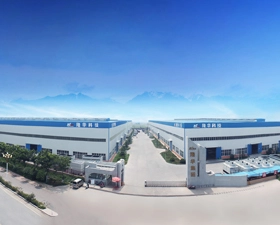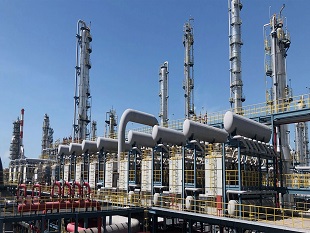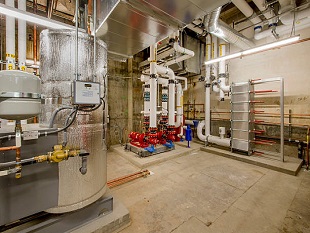The product structure of rubber track bed damping pad is a long cushion with a nail post structure on one side, and its flat plate part is composed of fabric reinforced rubber. It is mainly used in urban rail transit subway projects, laid between ballast beds and subgrade, and can be used as elastic support under gravel ballast beds, integral ballast beds and prefabricated ballast beds of subways, light rails and urban railways. The rubber track bed damping pad plays a role of vibration isolation and belongs to continuous support structure. Its typical laying and installation method is that the rubber track bed damping pad uses the whole track bed board as a vibration unit. It has the characteristics of large mass and small vibration amplitude, good vibration isolation performance, excellent fatigue resistance and easy installation and usage.


 EN
EN

















